Fundamentos de electromagnetismo para ingeniería David K. Cheng
Visit to download the full and correct content document: https://ebookmass.com/product/fundamentos-de-electromagnetismo-para-ingenieriadavid-k-cheng/
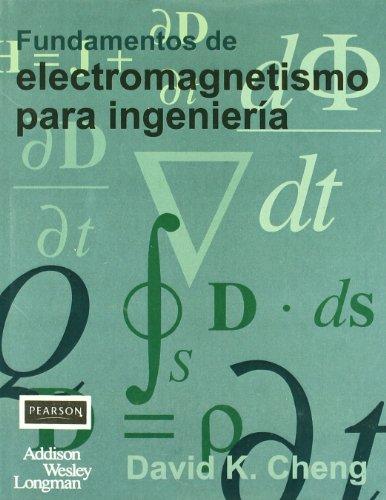
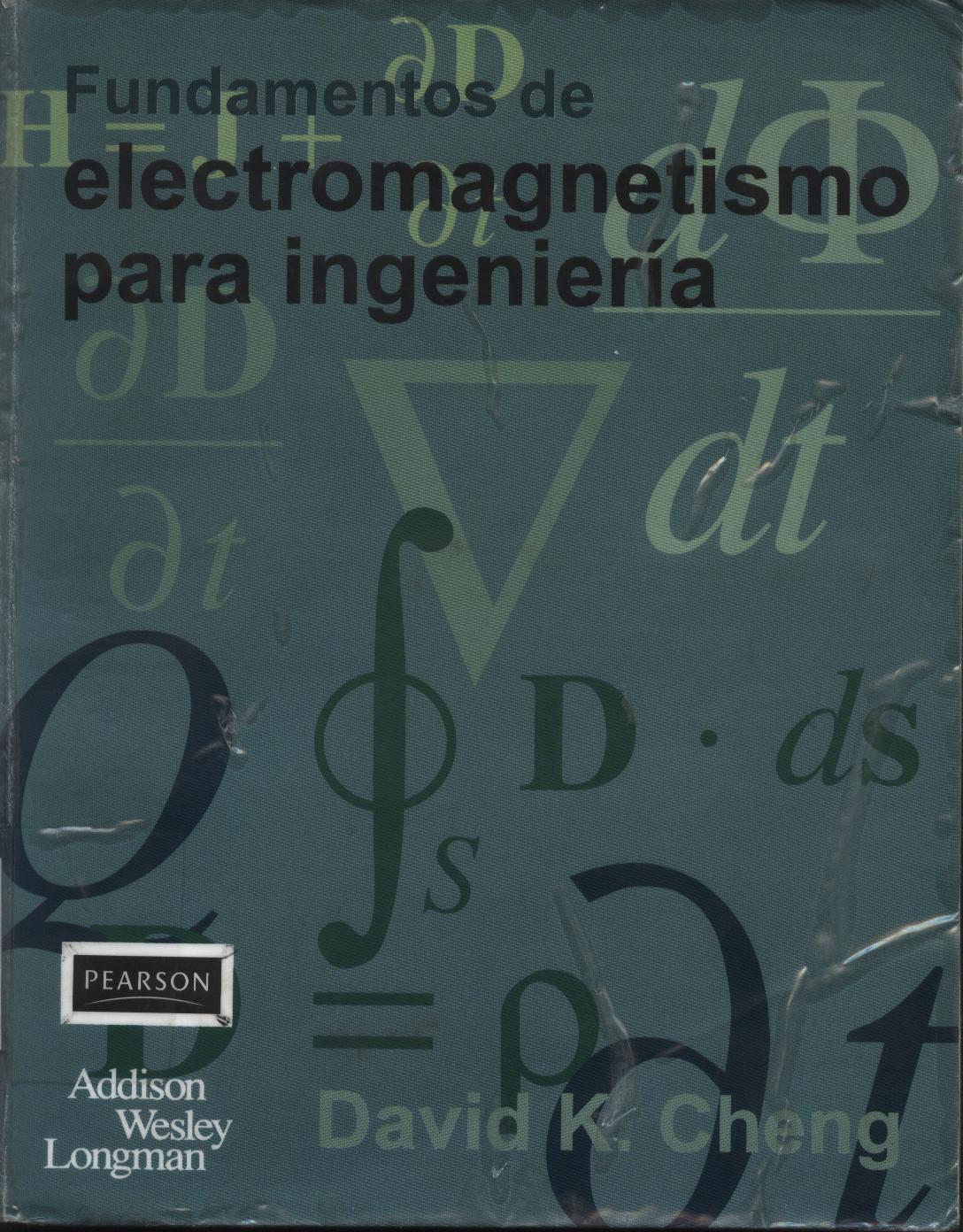
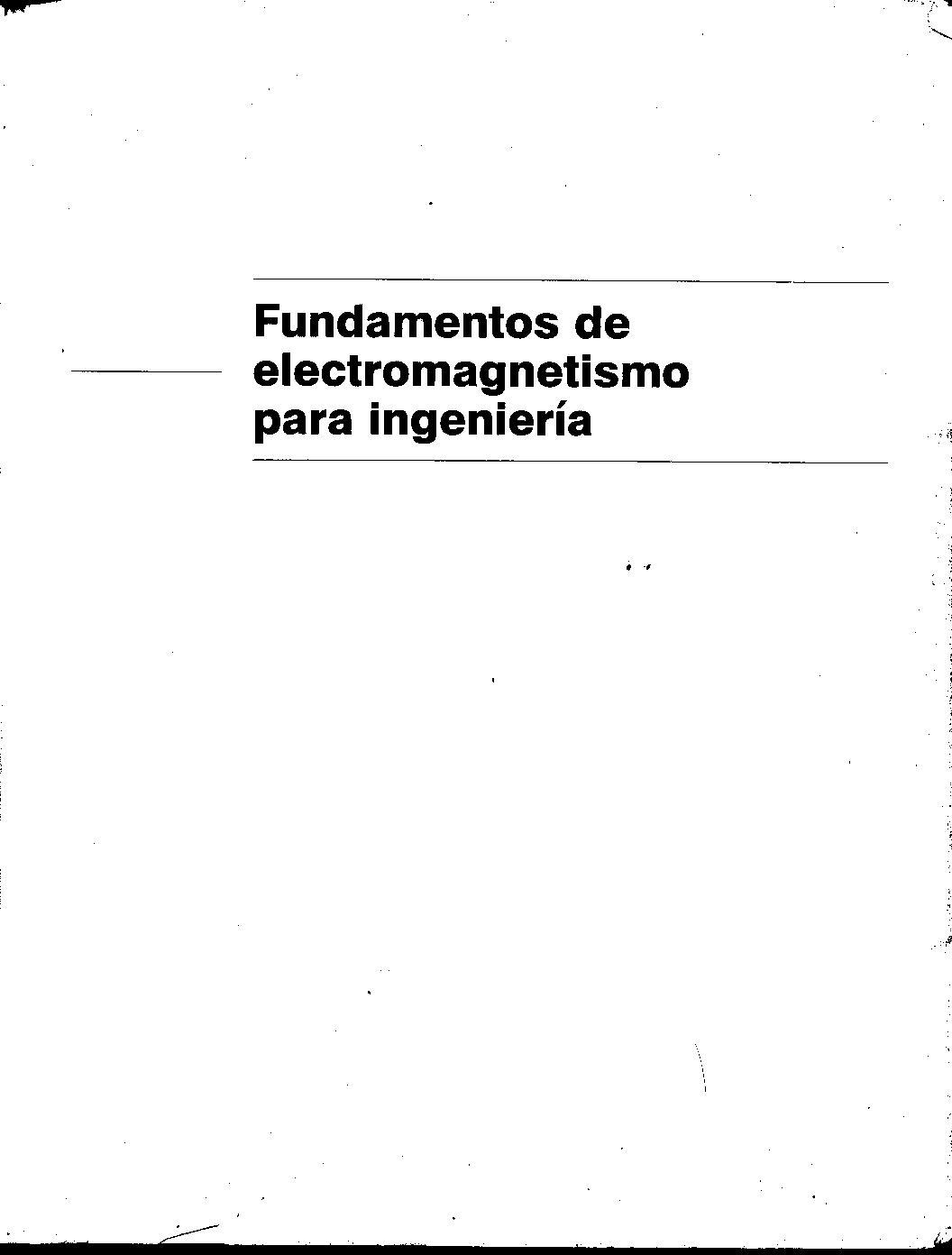

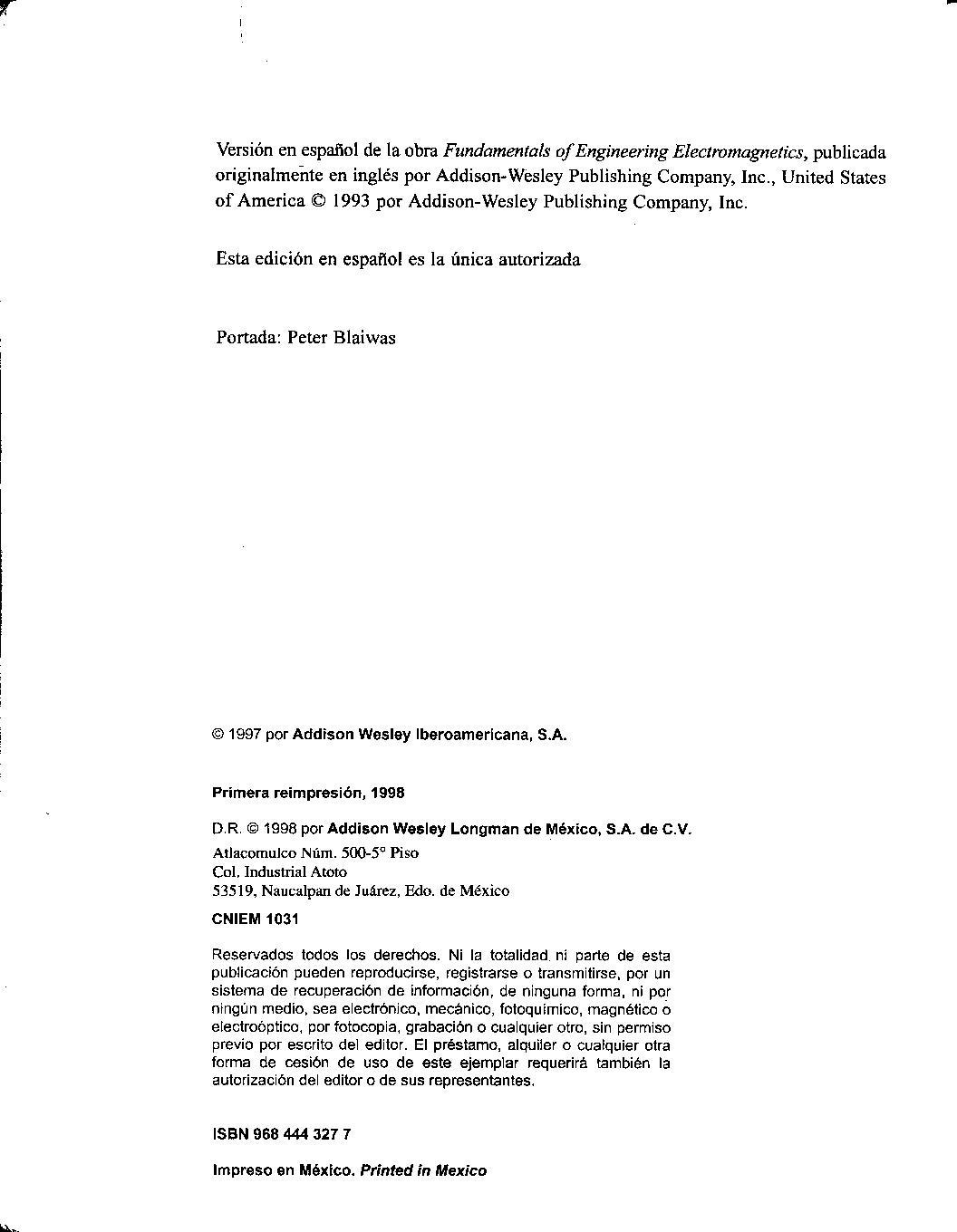
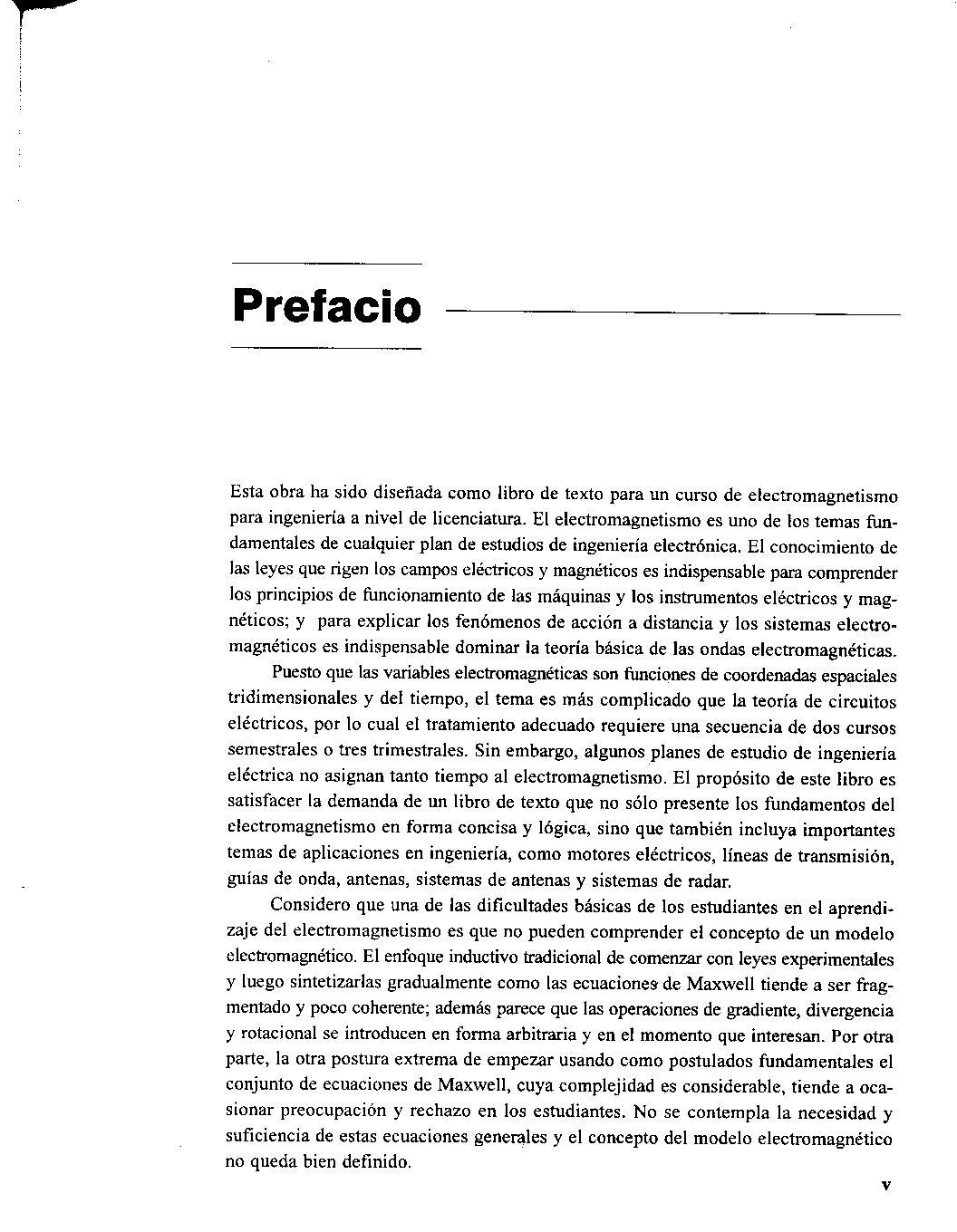
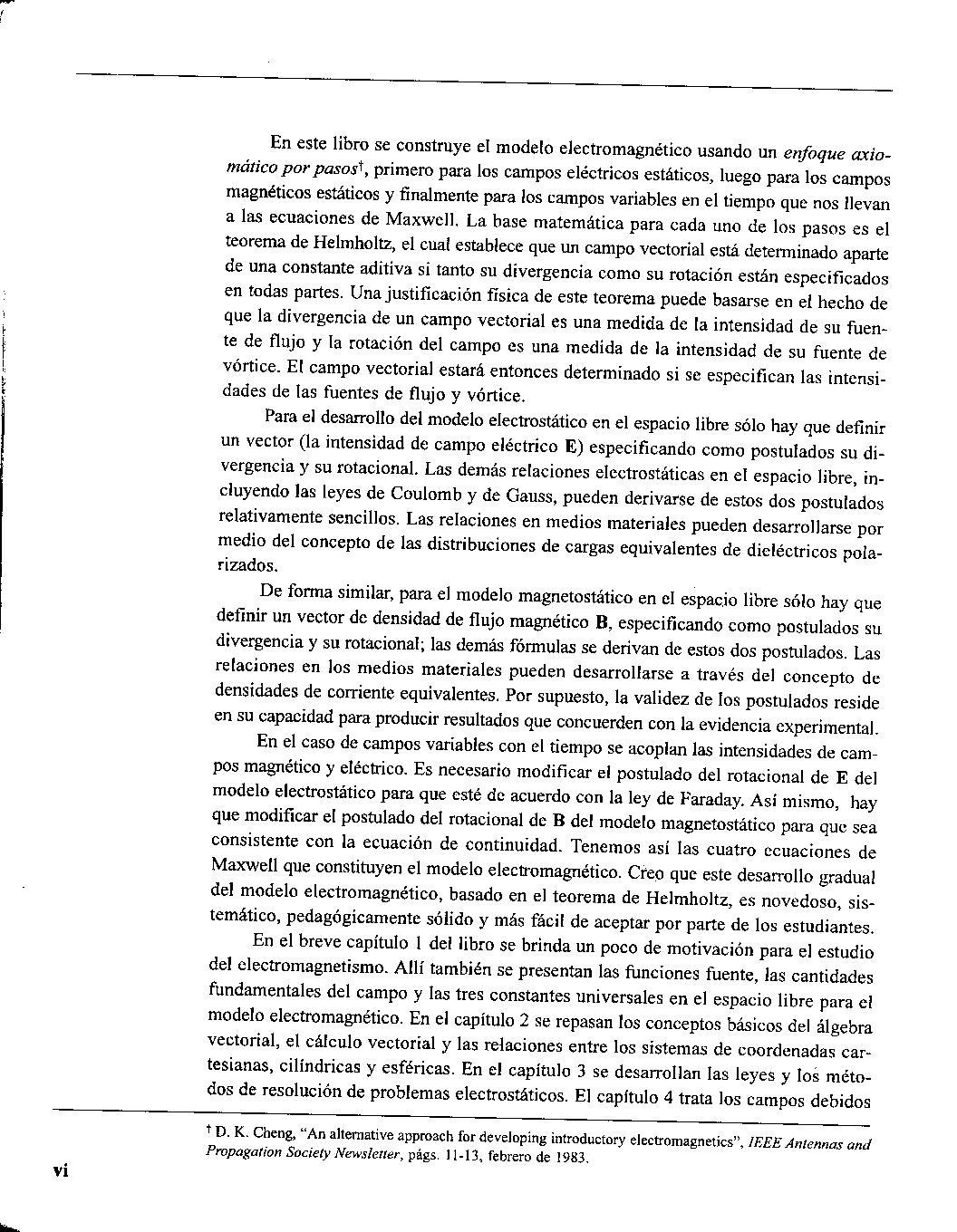
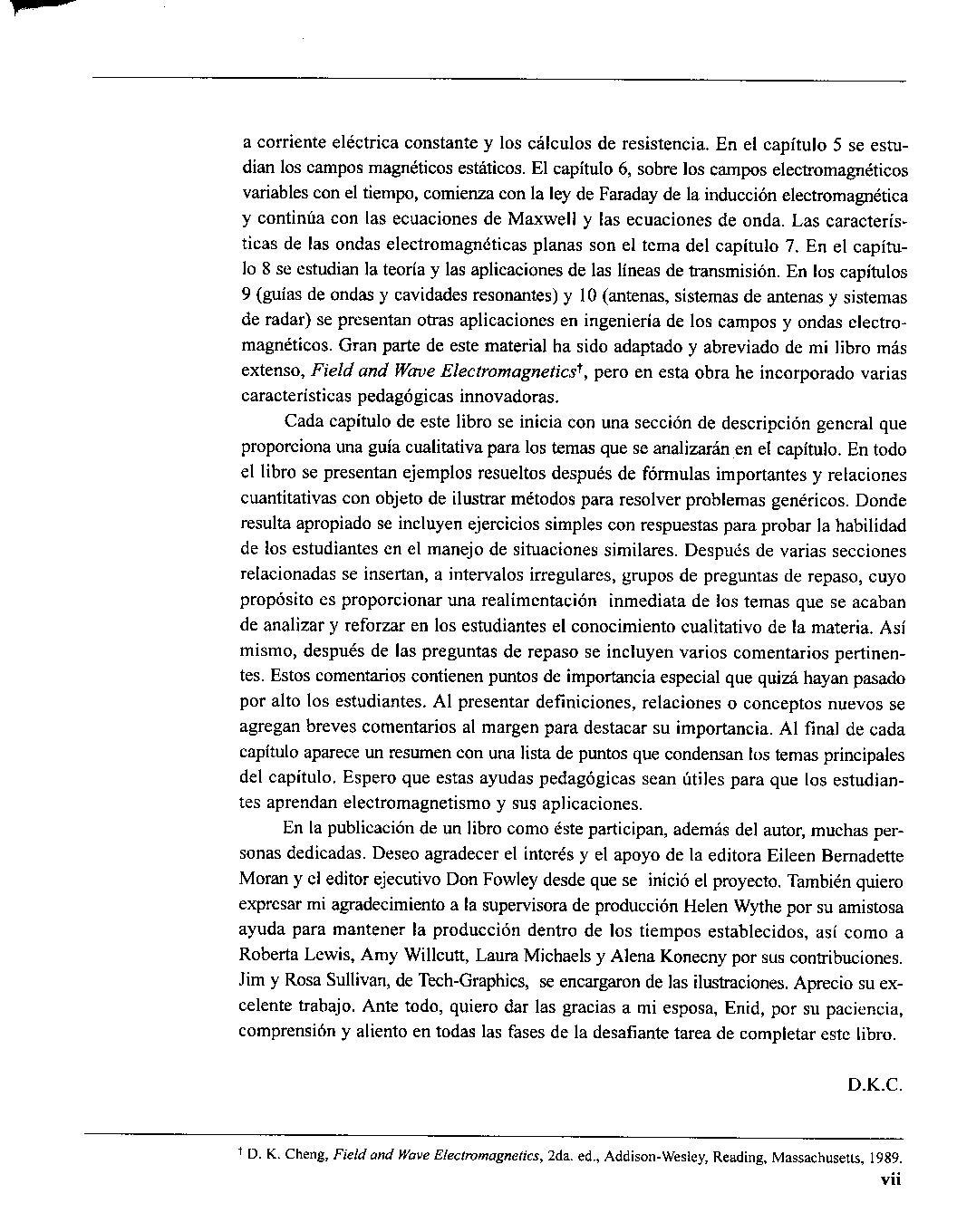
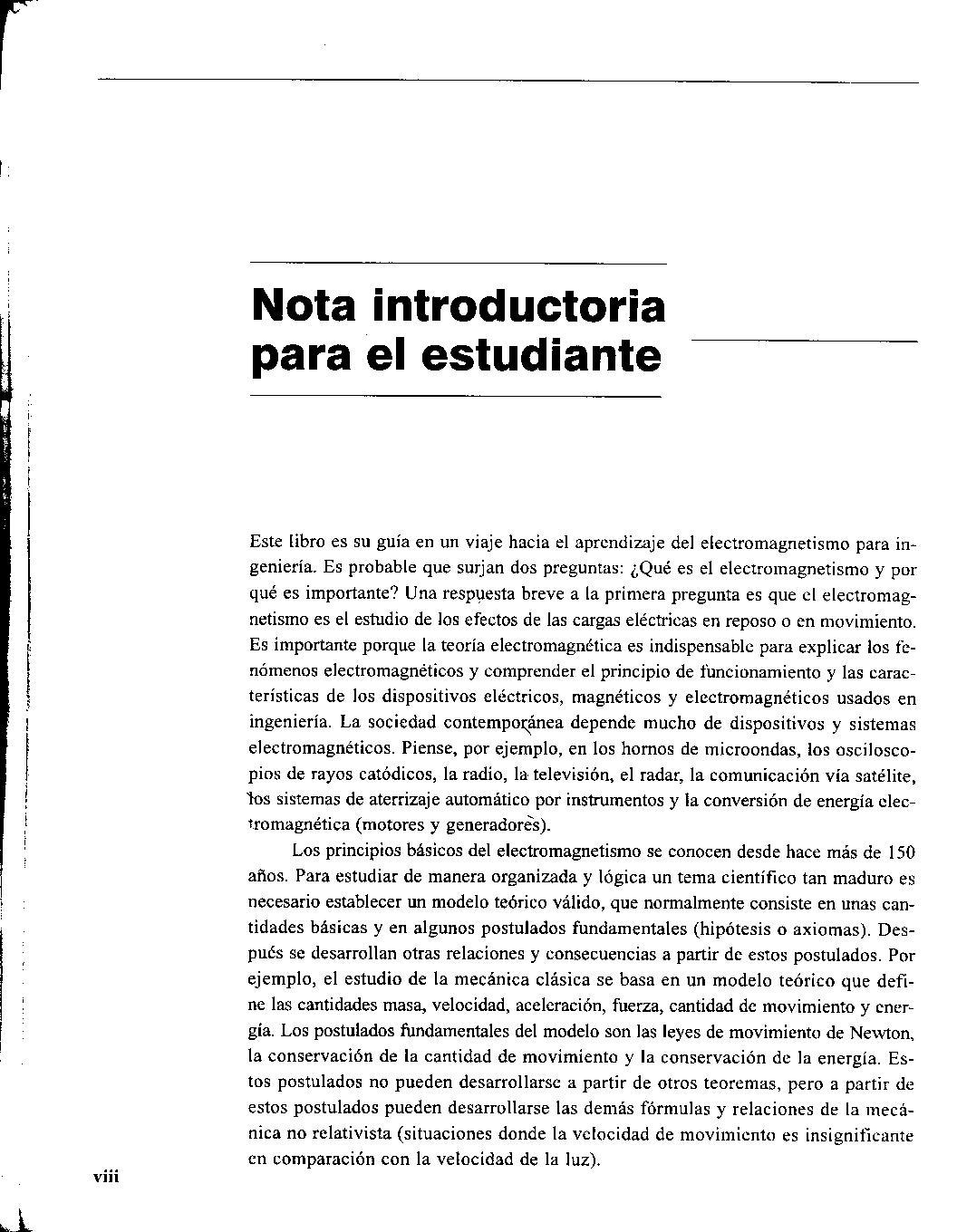
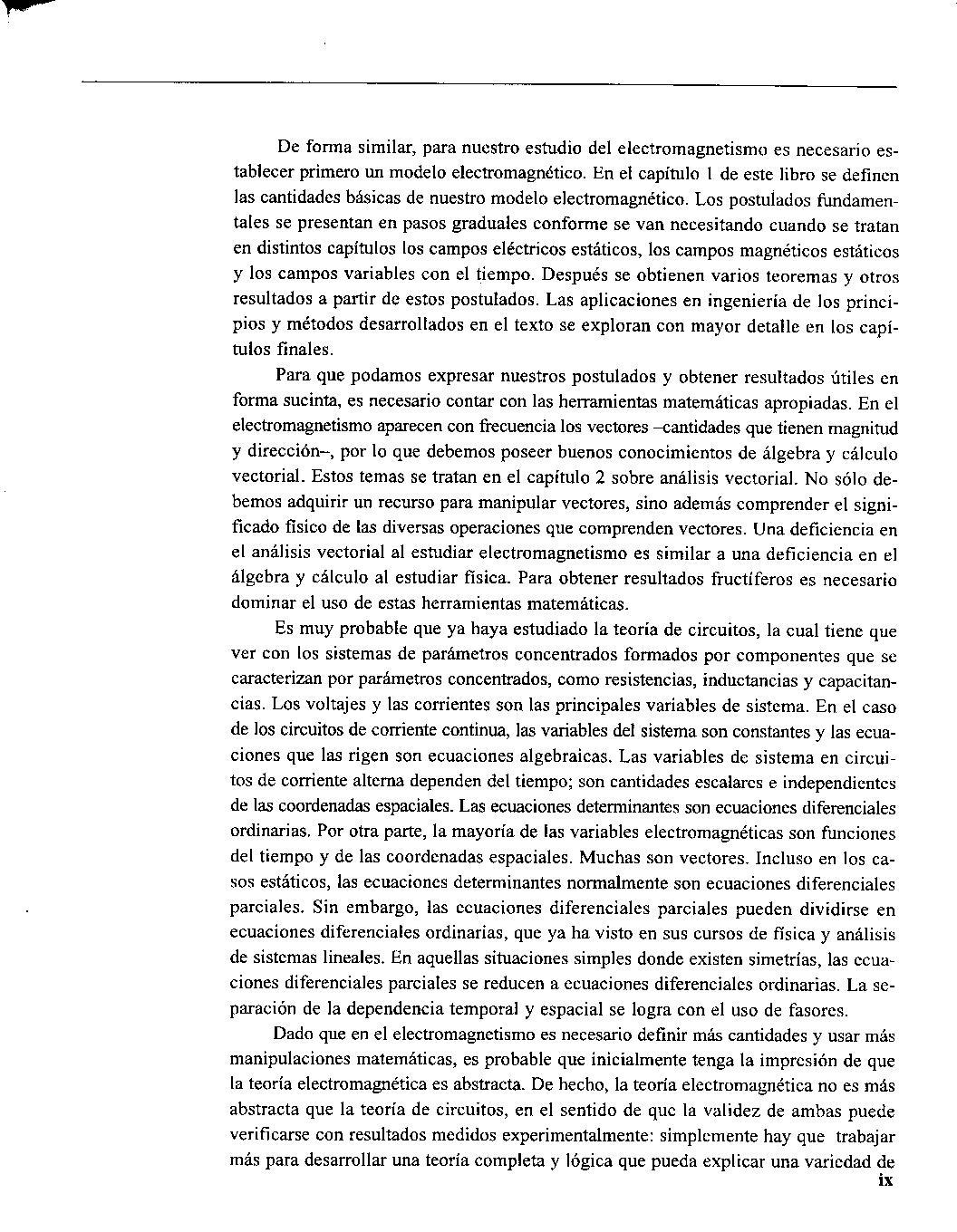
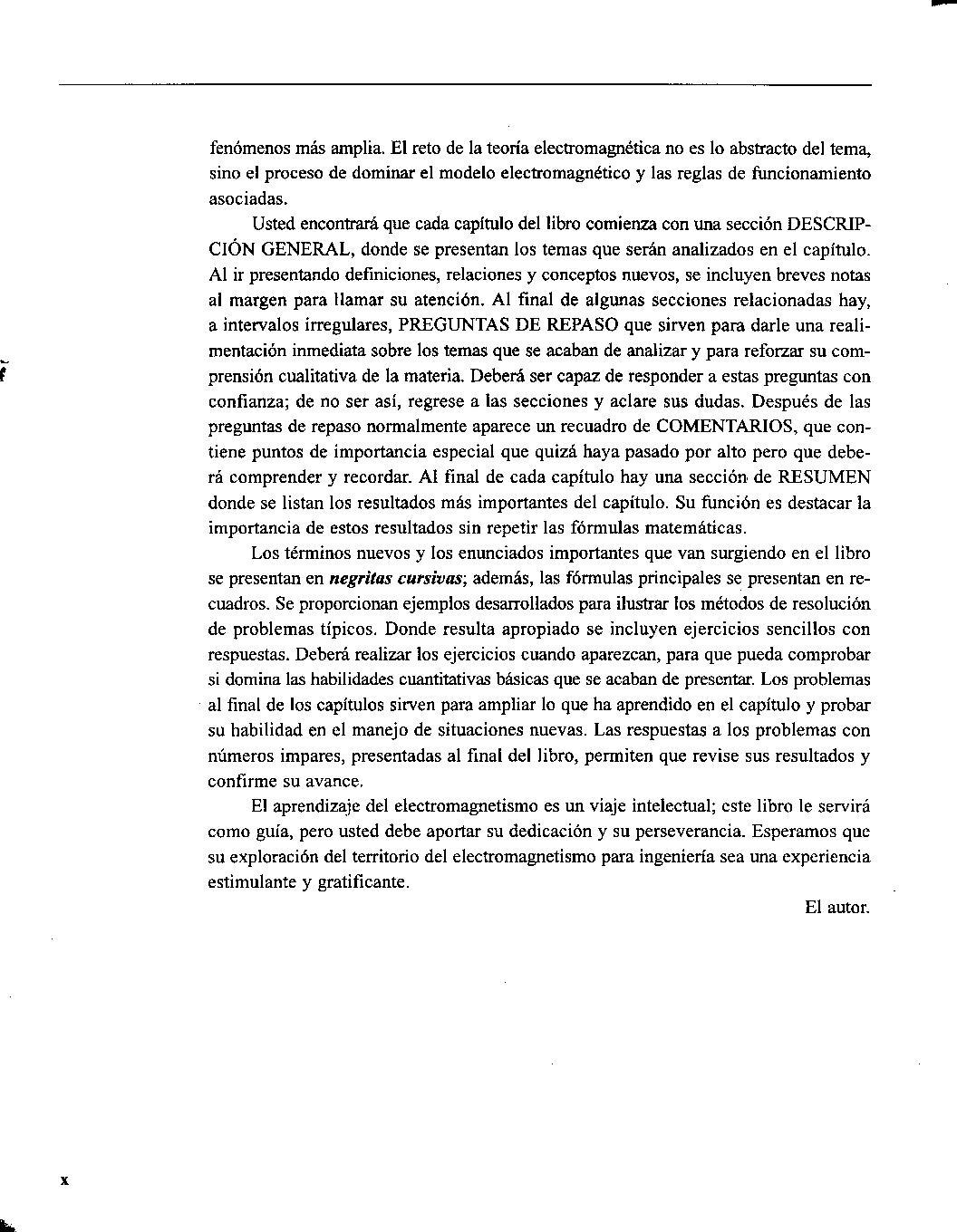
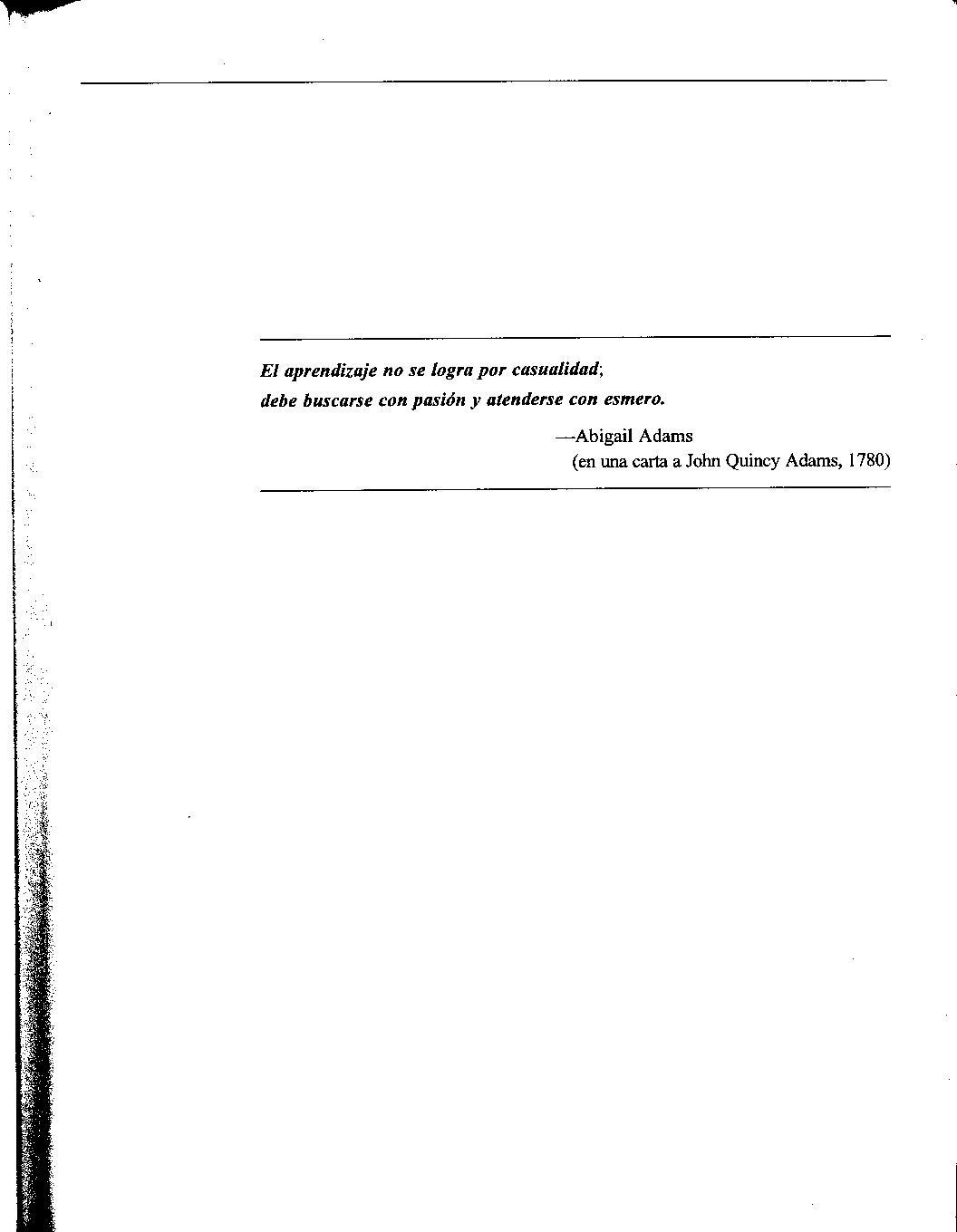
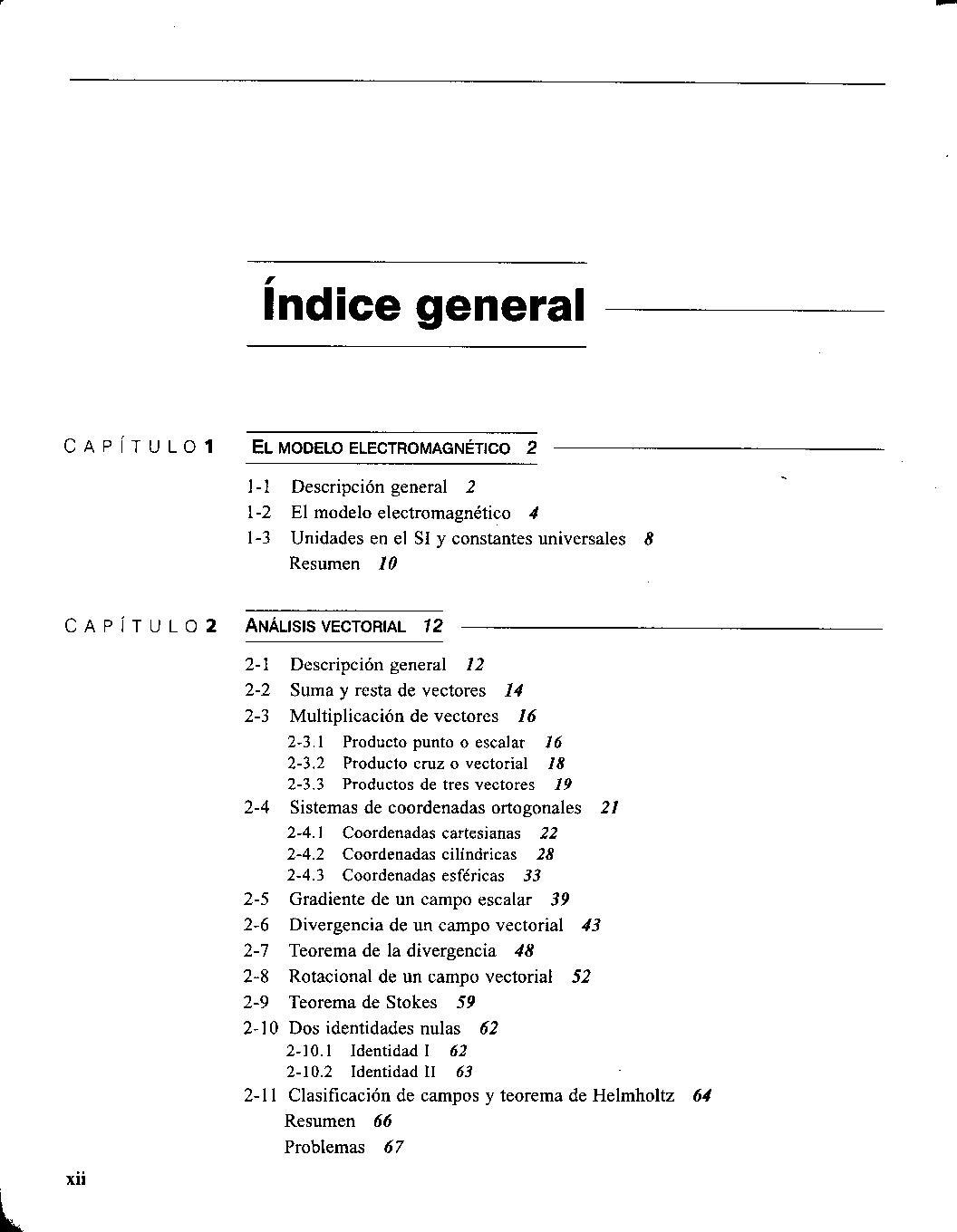
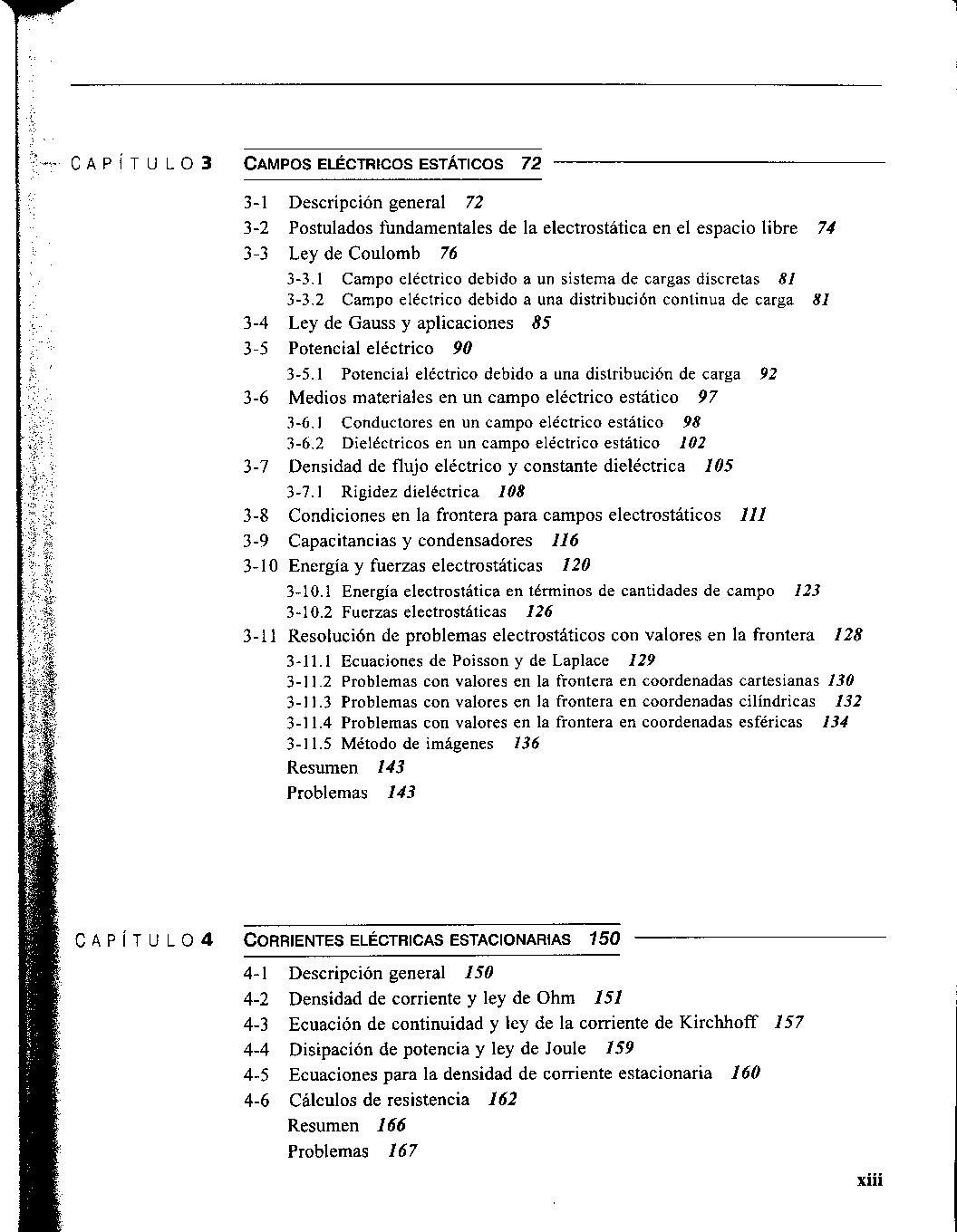
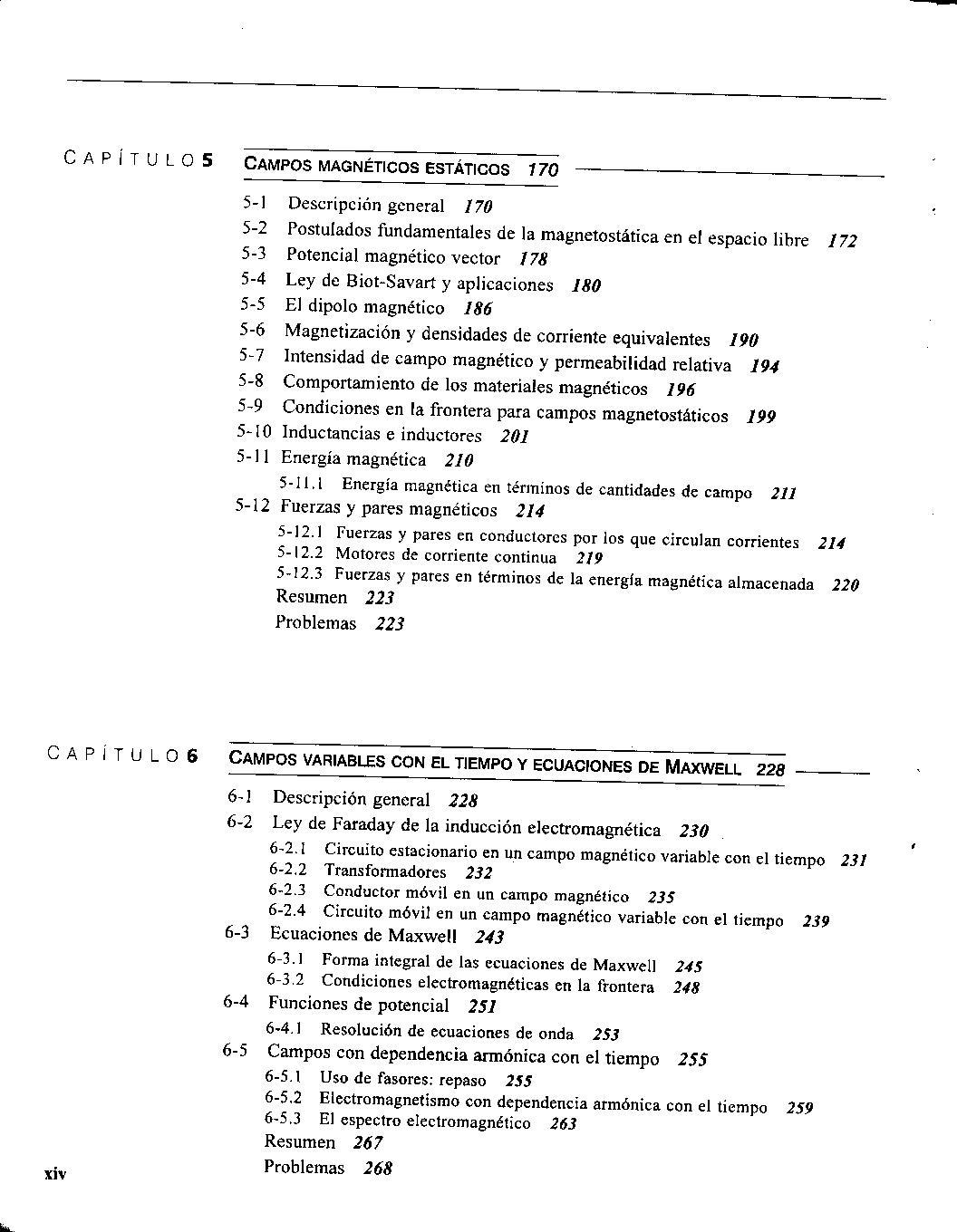
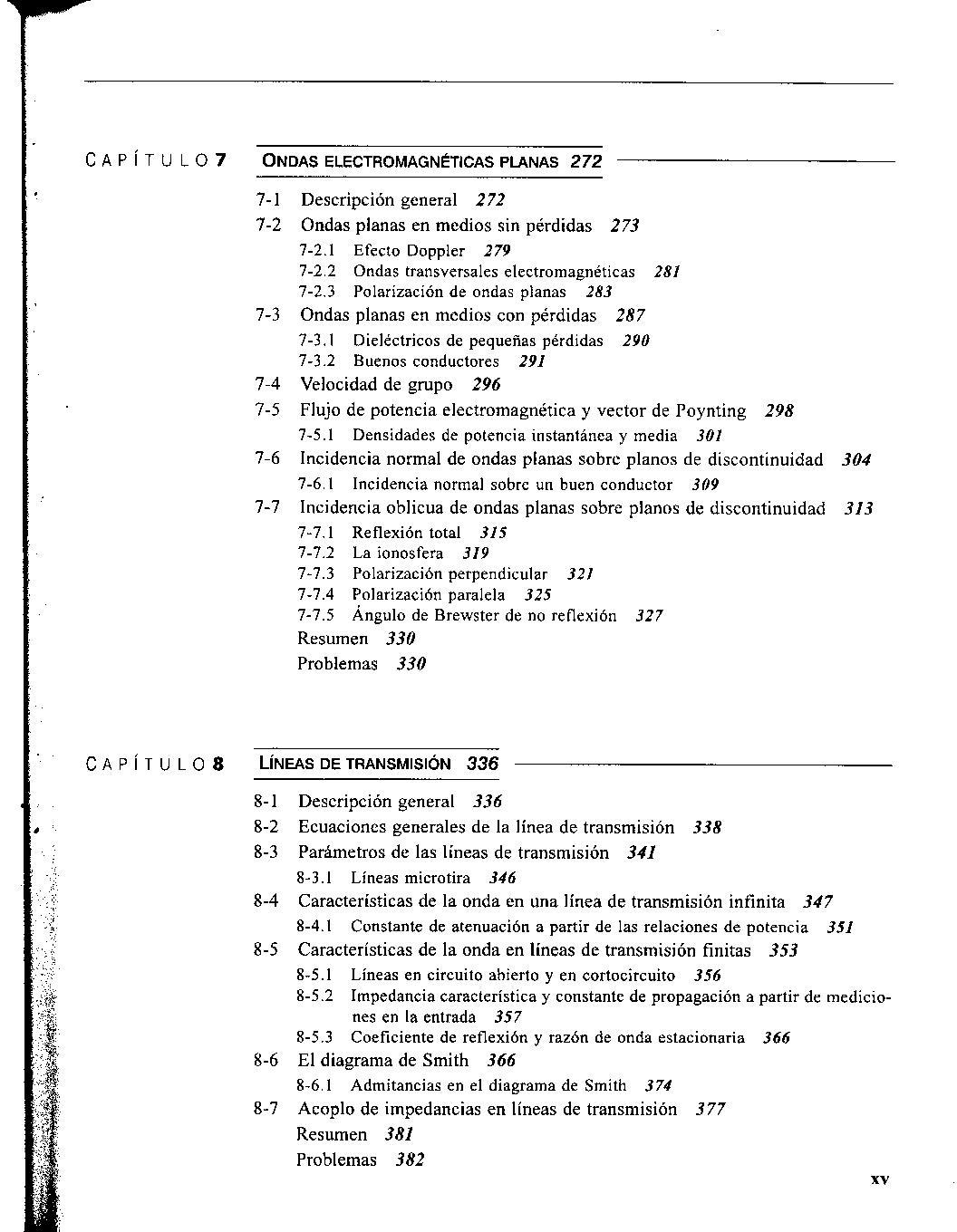
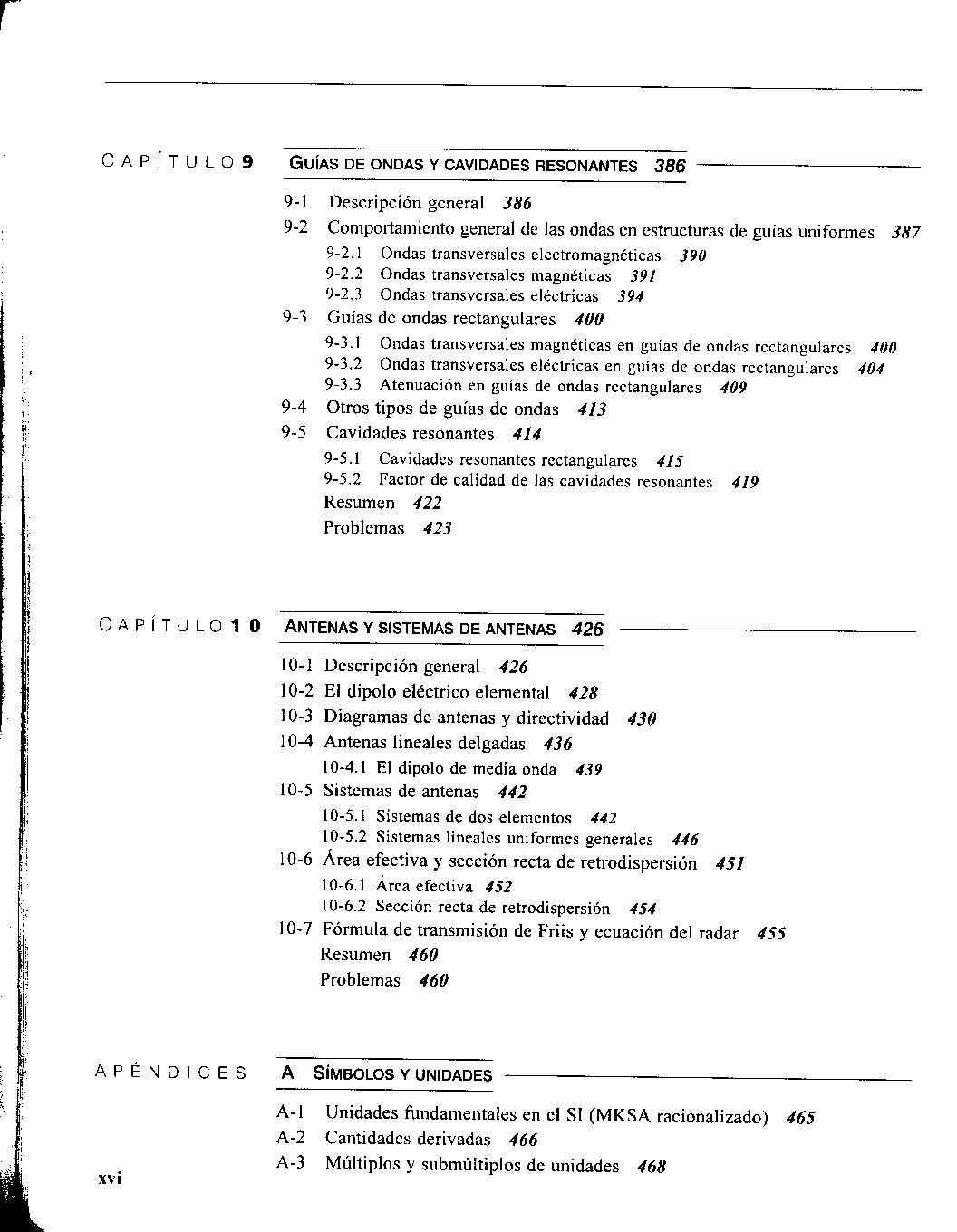
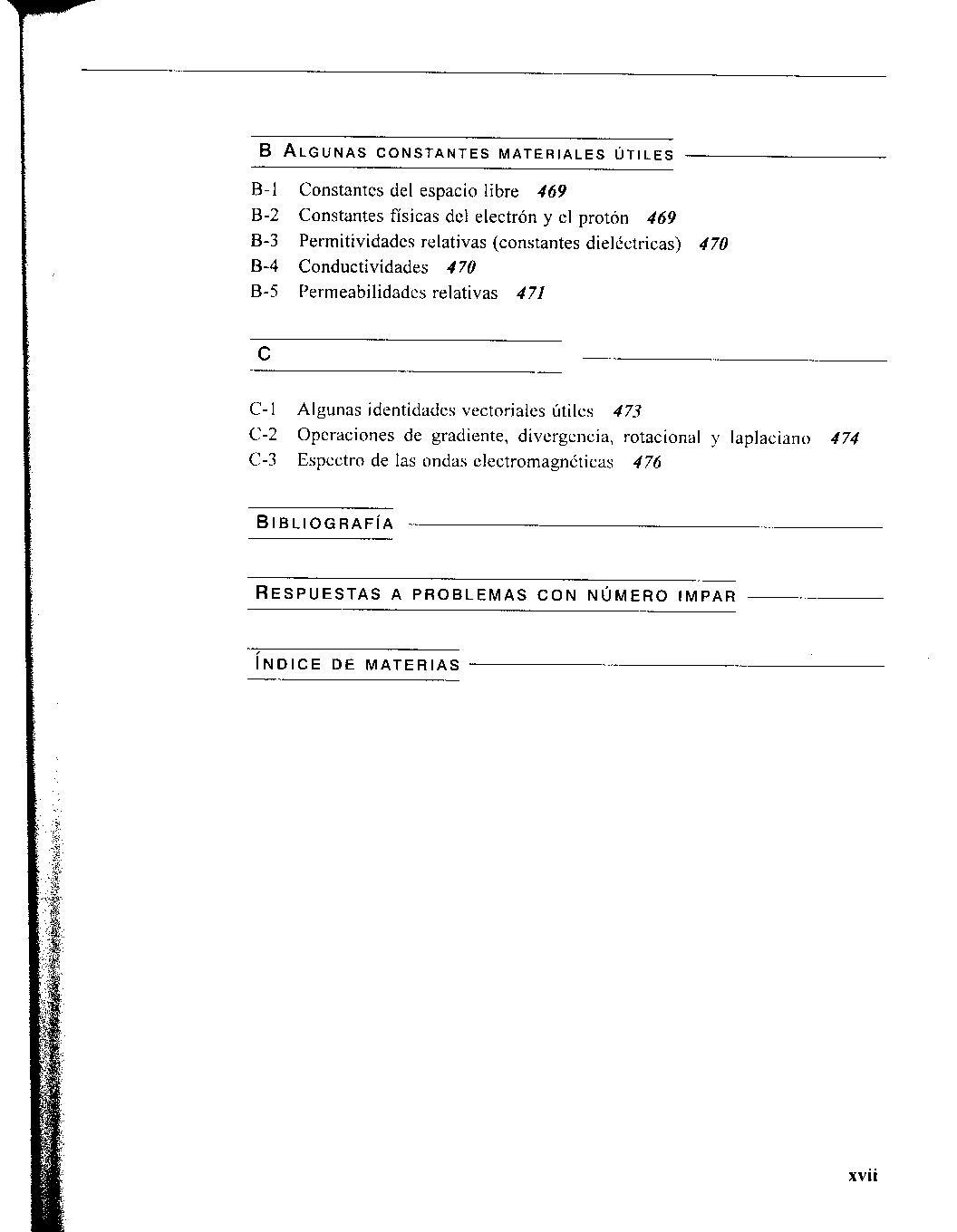
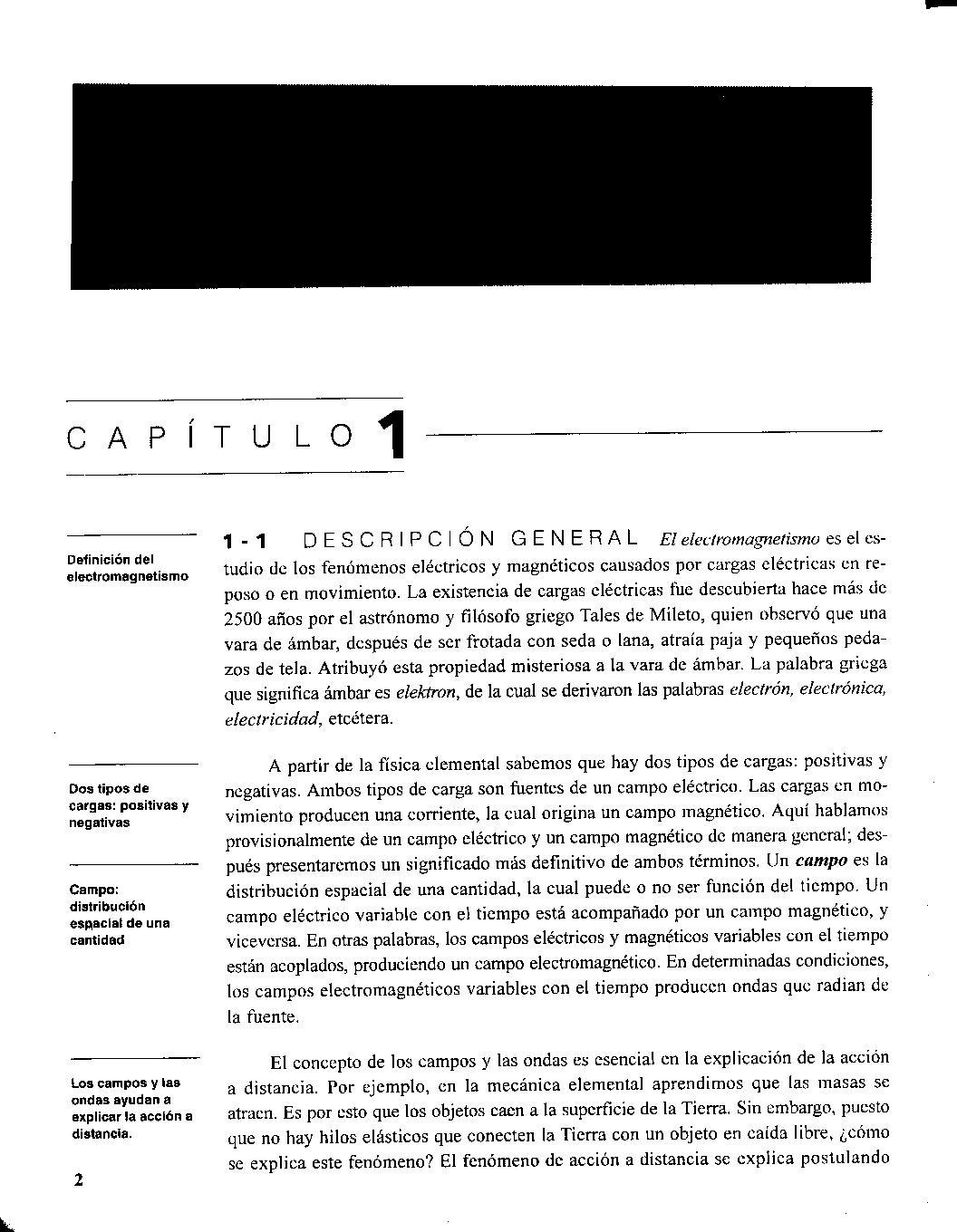
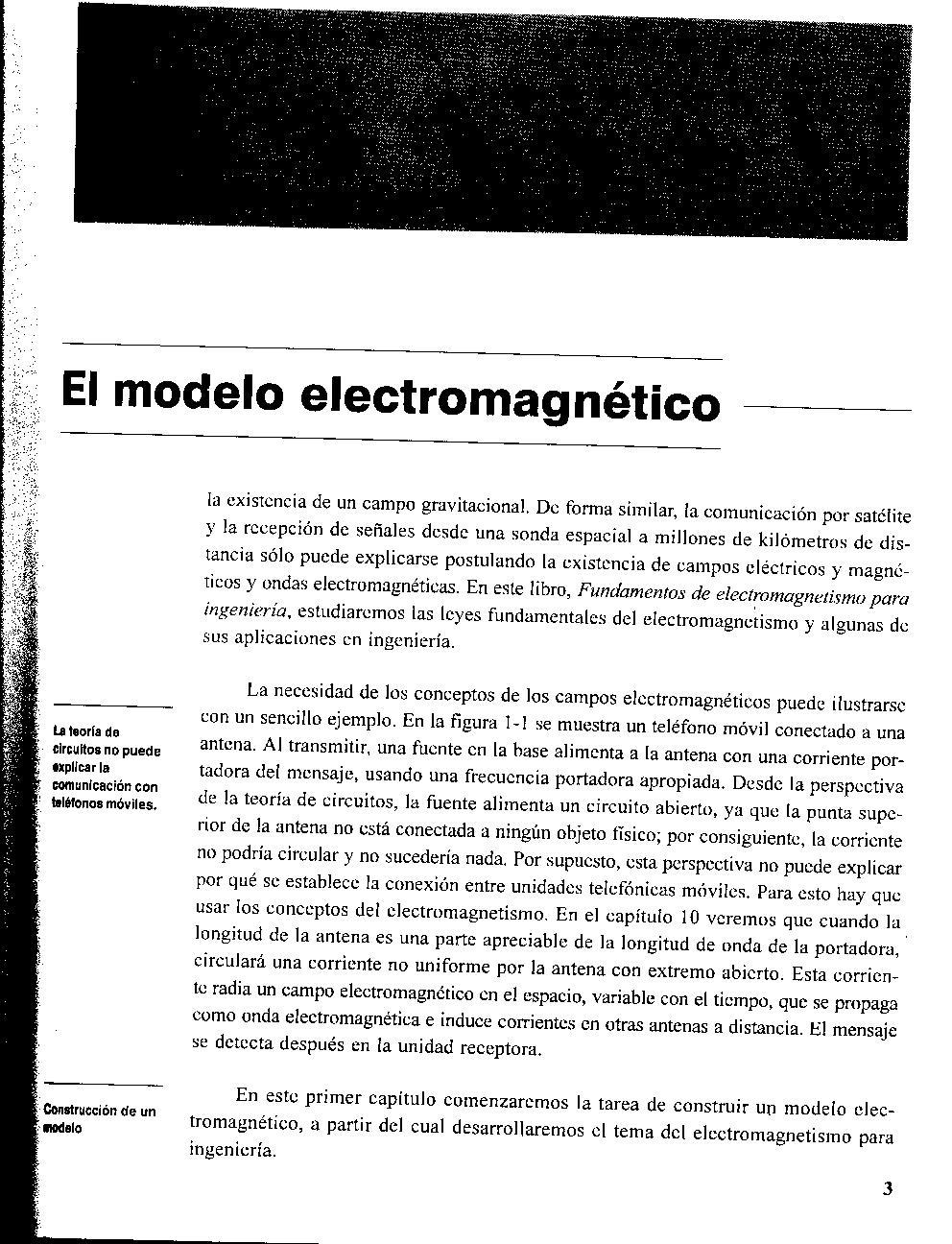
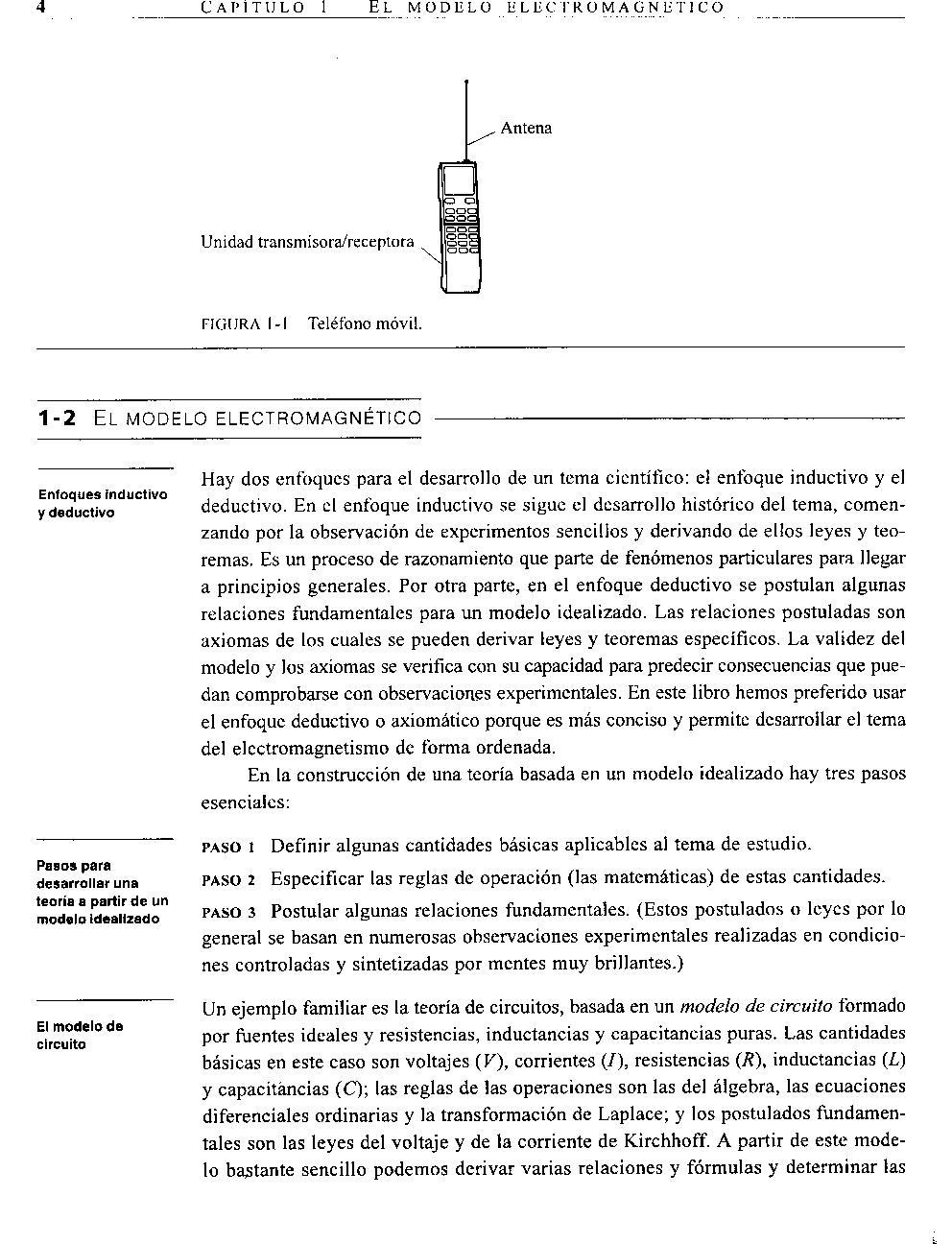
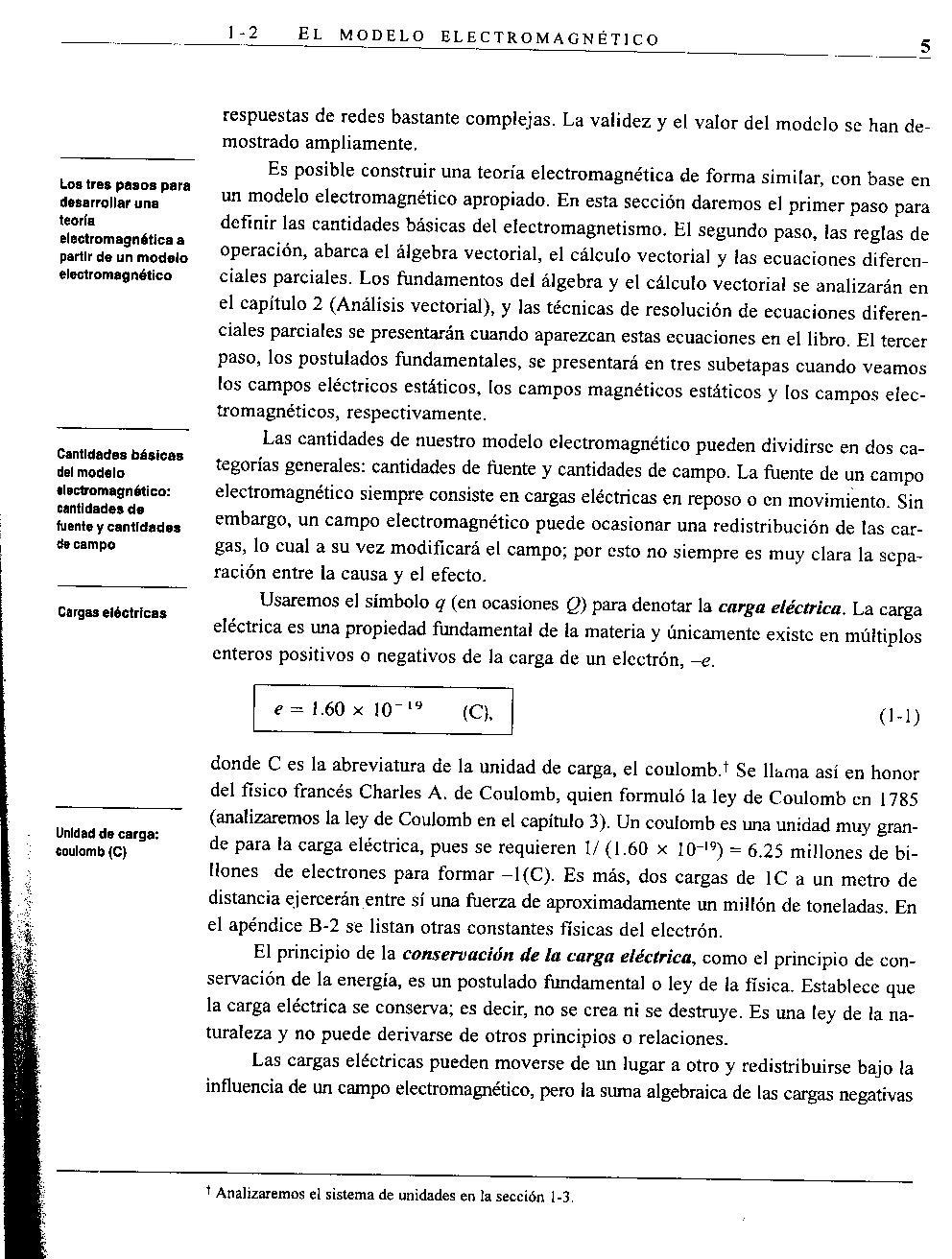
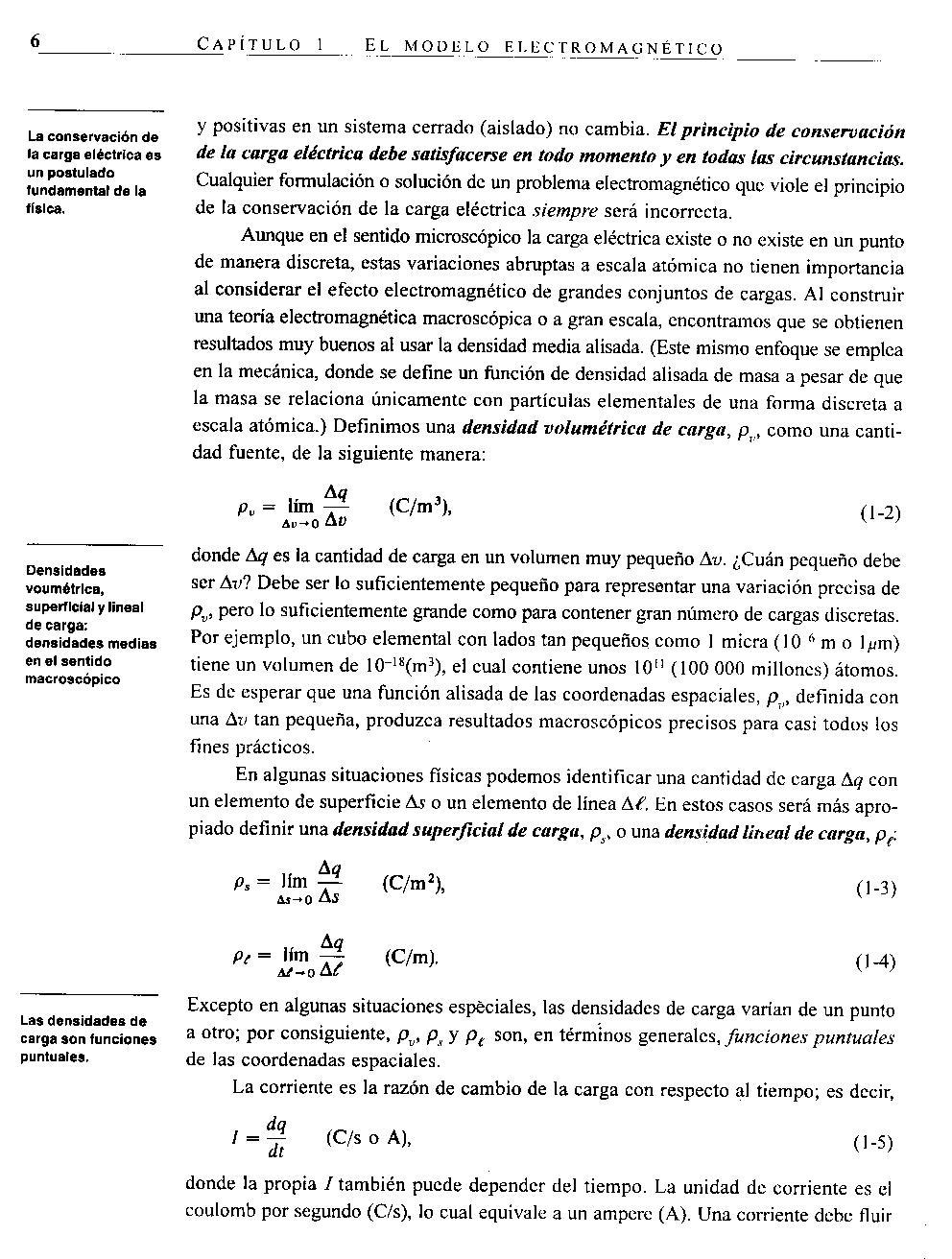
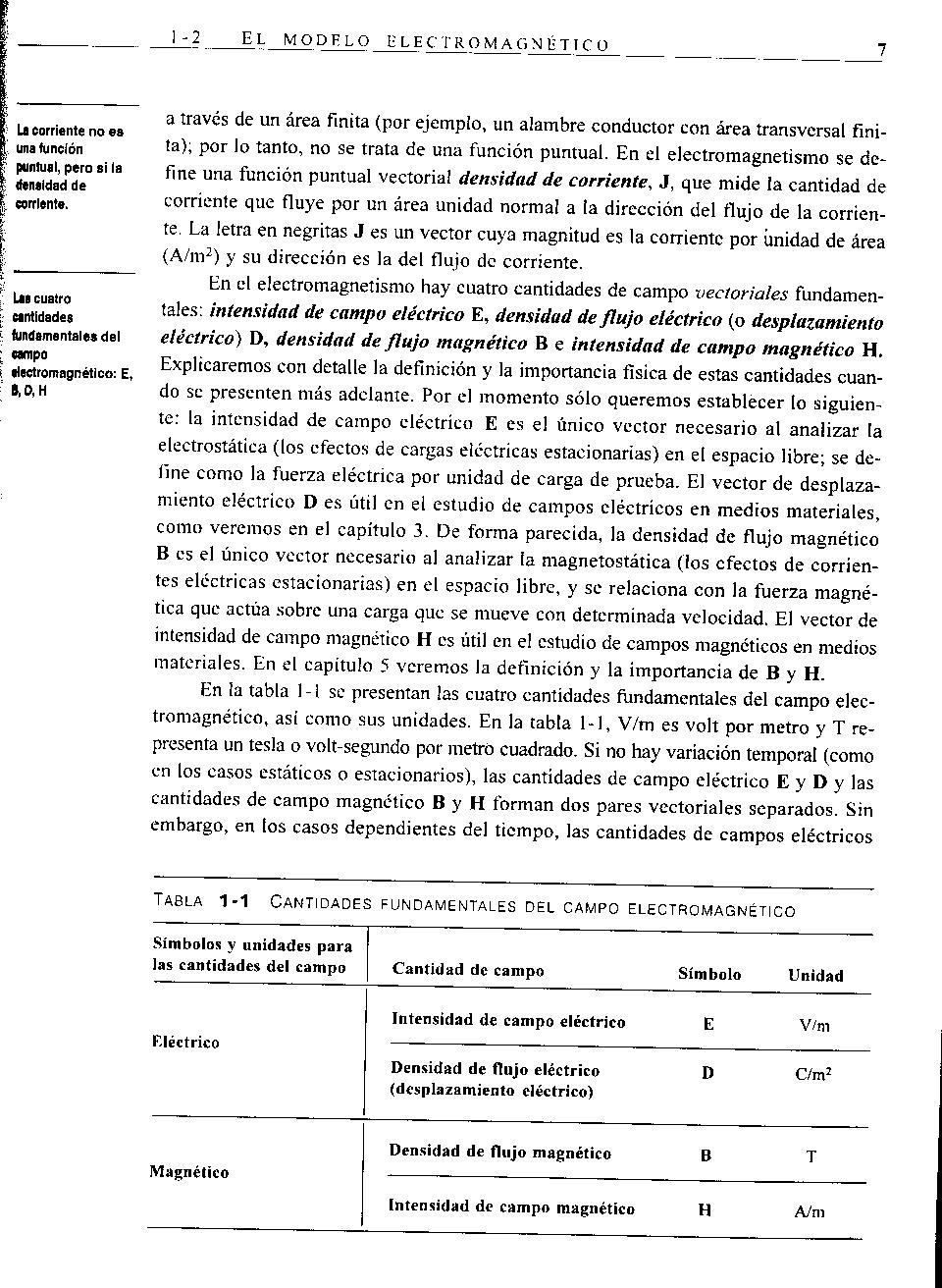
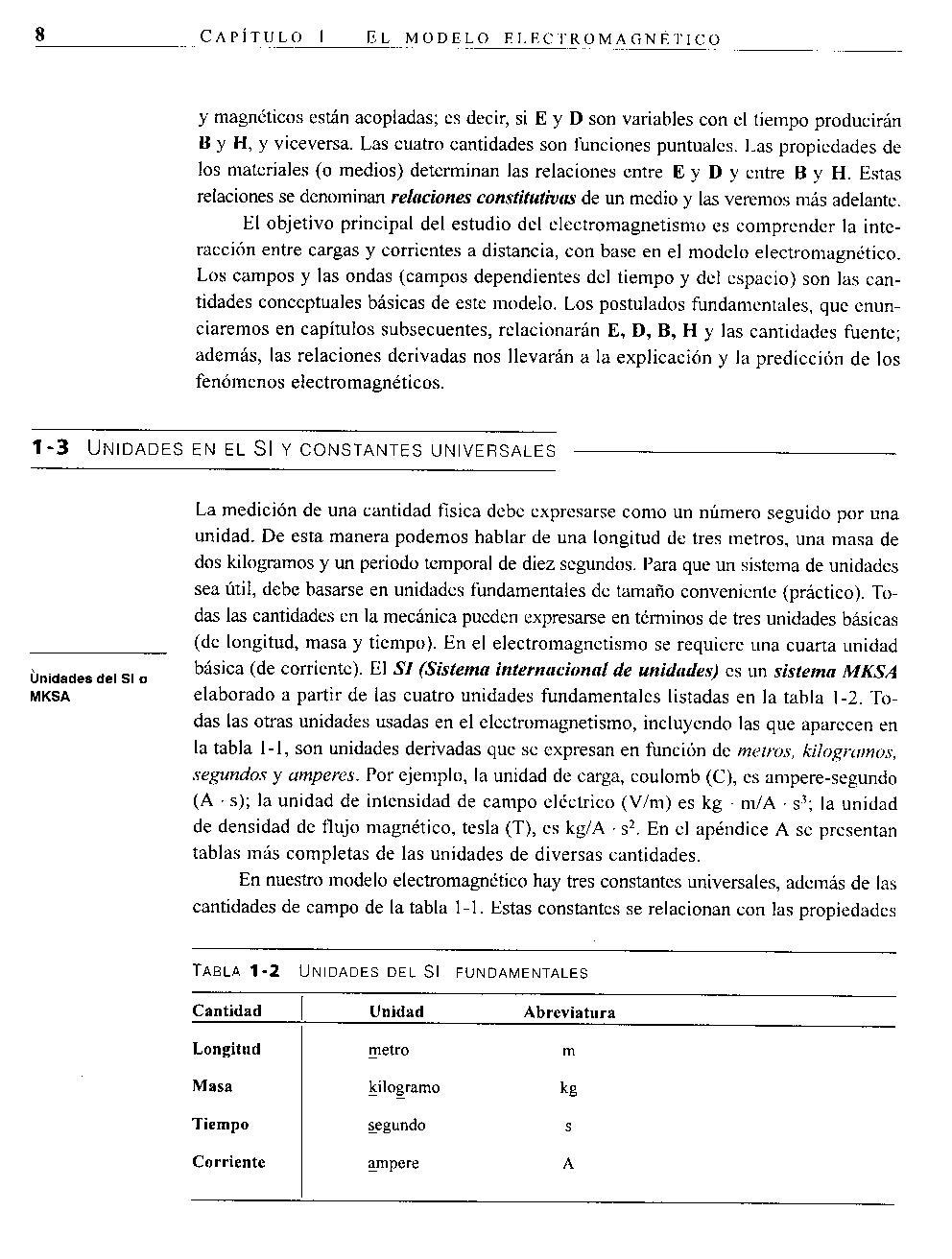
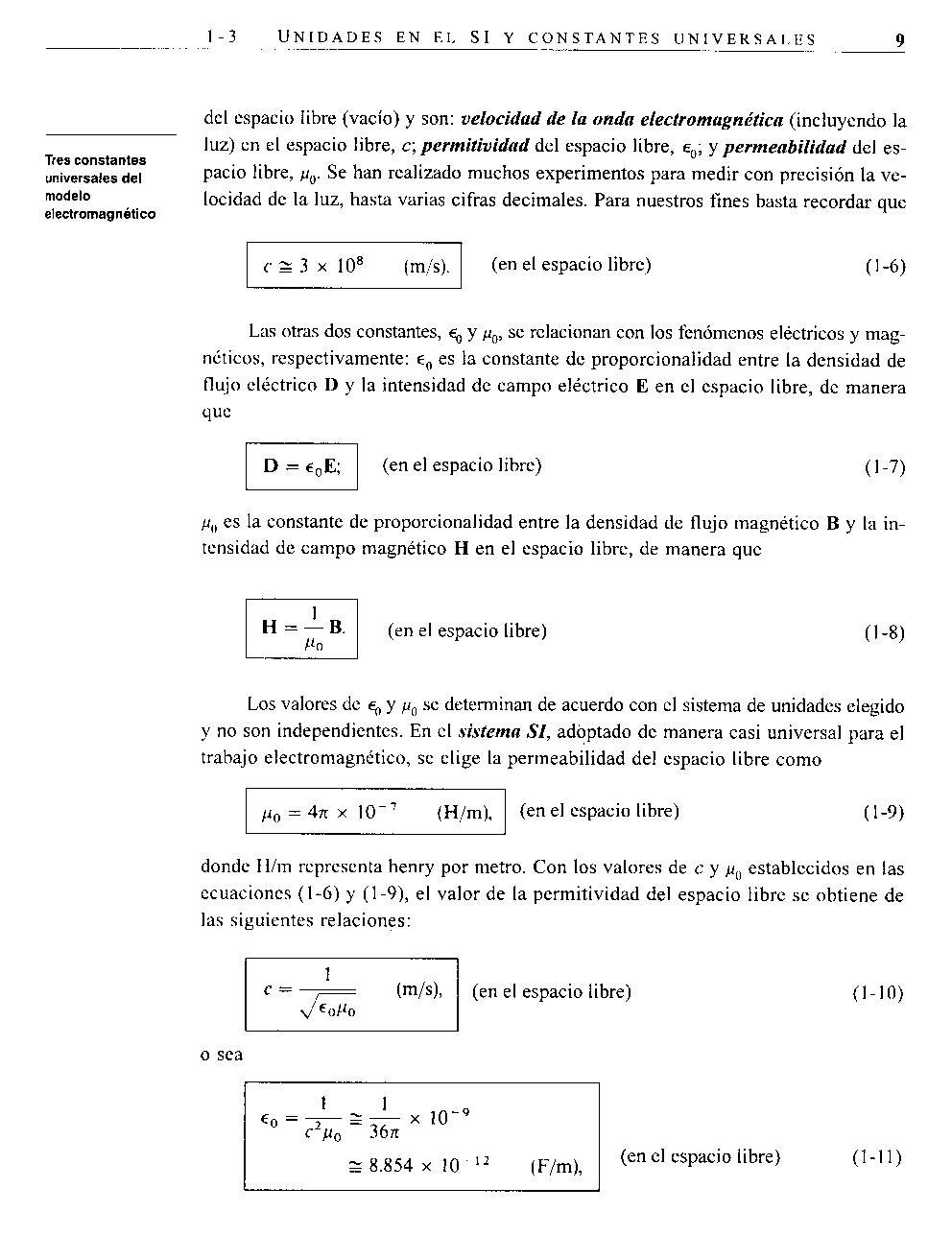
Another random document with no related content on Scribd:
When the Kingsbridge manager turned toward the local bench, he found Henry Cope standing near it.
“Well,” said the grocer, “what did old Riley have t’ say? Tried ter browbeat ye, didn’t he?”
“Oh,” said Hutchinson, “he reasserted his claim to Hazelton, and said we’d surely lose this game out of the count if we persisted in pitching the man. You can see, Cope, that it’s no bluff; the meeting is called for to-morrow night. I’ve got Ringling, a new pitcher, here, and he’s clever. Don’t you think we’d better use him?”
“I notified you,” said the grocer irritably, “that Locke would pitch this game, and he’ll pitch it. Put him in.”
“All right,” growled Hutchinson, in exasperation, “have your own way.” As he sat down on the bench, he added to himself: “You pigheaded old fool!”
So it was Locke who went on the slab when the umpire called “play,” and Bancroft promptly sent Harney jogging forth to the pan with his pet bat on his shoulder. Tom was given a rousing cheer by his admirers.
“You know what to do to ’em, Lefty,” yelled a man on the bleachers. “You’re the boy fer us. We’re backin’ you.”
Harney drove his spikes into the dry ground and squared himself, his bat held high and ready. His posture was that of a man who welcomed speed, and rather preferred that the ball should be up around his shoulders; therefore, Locke opened with one across his knees on the inside corner True, Harney hit it promptly, but he only batted a weak grounder into the diamond, and Labelle, grabbing it quickly, whipped him out at first by a wide margin.
“Just as easy as ever!” whooped a delighted Kingsbridger. “Pick off the next one, Tommy, old top.”
Trollop held his bat low, so Locke kept the ball high and close, causing it to jump, and the Bancroft center fielder slashed at three without making even a foul.
“Some pitchin’, Lefty, some pitchin’!” was the cry.
Wop Grady, his face knotted and puckered, as usual, slammed at the first one handed him, and hoisted a high foul, which Oulds smothered close to the wire netting that protected the people in the stand; and Kingsbridge gave Locke a cheer that resembled a cowboy yell more than anything else.
Every eye seemed to be turned on Bancroft’s new pitcher as he teetered awkwardly out upon the diamond. The ball was thrown to him, and he whipped three or four scorchers to Harney, at first, before Labelle was ready to bat; but not until he toed the slab to pitch to the batter did he put his remarkable delivery on exhibition.
Suddenly he swung far backward, pivoting on his left foot and shooting his right arm and right leg into the air, while his left hand carried the ball far, far over until it seemed that he was trying to touch the ground with it. Up he came and forward on to his right foot, his pitching hand sweeping through the air to send the ball burning across a corner of the pan.
“Nom de tonnerre! ” gasped Labelle, his eyes bulging, his bat hanging poised.
“Strike!” cried the umpire.
CHAPTER XL PINWHEEL MURTEL
The great Bancroft crowd laughed. They had come to Kingsbridge to see their new southpaw show the Kinks something about pitching. Incidentally they had made arrangements to take home with them various sums of money which the foolish Kingsbridgers had wagered on their team.
Bangs whipped the ball back, and Craddock again went through with that remarkable delivery, looking, as one man expressed it, “as though he was all arms ’n’ legs.” Again the ball bit a corner off the plate, and Labelle, fascinated by the pitcher’s gyrations, swung too late.
The only delay was that caused by the movements of Craddock preliminary to pitching, and he did not waste a single “teaser” on the Kinks’ first hitter. The third one was high, with a sharp slant on it, and the little Canadian whiffed out.
“There’s pitchin’ fur ye!” yelled a Bancrofter. “What d’ye think o’ that?”
“Nom de tonnerre! ” said Labelle again, as he retired to the bench. “Where he come from, de circus?”
Stark, following, fouled three times, but eventually the Bancrofter twirler outguessed him, and sent him, fanned, to take his place beside Labelle.
“Whut’s he got?” asked Reddy Crandall, pawing among the bats.
“Curves and speed,” answered Larry, in a low tone. “Don’t get to watching his delivery and forget to watch the ball. Go to him! He can be hit.”
But Reddy could not hit him that time, and the Bancroft crowd howled as their new projector fanned the third man in succession. There were some who began to prophesy that the Kinks would be shut out without a hit on their own field. There are always wise heads who make foolish prophecies early in every game.
The second inning opened with Bancroft’s left-handed hitters coming up, and Locke, knowing they had been practicing against a left-handed pitcher, worked with the utmost care and judgment, his change of speed being most effective, as it caused two of the four men who faced him to bump weak grounders into the diamond, to their complete undoing.
With two down, Bernsteine, standing well back from the plate, with a long bat grasped near the end, stepped into a “roundhouse,” and lined out a pretty single. It did no good, however, for Lisotte banged a grasser into the clinging paws of Labelle, and Bernsteine was out at second on a force.
“You all hit him, boys,” cried a Bancroft man. “You’ll straighten ’em out by and by, and lose the balls over in the slashings at the foot of Bald Mountain. He’s due to get his bumps.”
Craddock continued his remarkable work, and, one after the other, Anastace, Hinkey, and Lace were mowed down, even as their comrades had fallen in the first round.
The Bullies were urged to fall on Locke, and Bangs led off with a long drive to center, which Sockamore retrieved on the fly. Craddock did not seem to be strong with the club, and he made a laughable exhibition by seeking to hit the low ones on the inside corner, where Locke kept the ball for a strike-out. Harney got one to his fancy, through a momentary lapse on the part of Locke, but, by tall hustling out in the left garden, Reddy Crandall picked the globule out of the air.
“You’re hittin’ him now,” declared the encouraging Bancroft fan. “Keep it up; they can’t get ’em all. You’ll put the blanket on him yet.”
The delight of the visitors may be imagined as Craddock finished Kingsbridge’s list by handing the last three men upon it the same
medicine he had given the first six. Three innings had passed, nine men had faced him, and not one of them had even hit the ball into the diamond. It began to seem that the man who had prophesied no hits and no runs for the Kinks might not be such a fool, after all.
Locke’s manner was almost trancelike as he toed the slab at the beginning of the fourth. His first ball was wide, but Trollop caught the second one on the seam and pounded it for two sacks, bringing the Bancroft rooters up, roaring. They continued to roar, as Grady bunted and sacrificed Trollop to third, where, with only one out, he was in position to score on the squeeze play if the Bullies saw fit to try it.
They did try it, but, knowing what was coming, Locke pitched to Mace high and close, and Mace bumped a little pop fly straight into Lefty’s hands. Holding the ball a moment, Locke smiled at Trollop, who made ludicrous efforts to stop and turn back toward third. The roaring of the Bancrofters died away in a disappointed groan as they saw the ball tossed to Fred Lace for the third put-out.
“Oh, this is something of a game!” crowed Stark, capering toward the bench. “It’s about time we came to life and touched that gangling port-sider up a few. Stop watching his contortions, Labelle. This is no vaudeville performance; you’re here to play baseball. Try to hit him, anyhow.”
“You
bet!” growled the Canadian. “I hit de ball dis time; you watch.”
Nevertheless, although he slashed viciously, he did not graze the first one.
Suddenly Reddy Crandall, who had spent his time on the bench staring at the long-geared pitcher, struck his thigh a resounding slap.
“I’ve got him!” he declared excitedly. “I’ve spotted that guy! I know him now! Craddock, hey? No wonder them Bancrofters come up to this town to-day loaded with bettin’ money. Craddock! Why, that’s ‘Pinwheel’ Murtel, of the National League, as good a man as Matty himself, only he’s got a rotten disposition, an’ no manager can handle him. He’s been blacklisted and outlawed time after time, but he’s such a wonder they always fix it up somehow, an’ take him back
when he wants to come. That’s Murtel, I’ll bet my life on it. Fellers, we’ll never score to-day with him pitchin’.”
Stark, standing near, had ceased to swing the two bats he had picked up, listening to the excited words of Crandall. He had never seen the famous and eccentric Pinwheel Murtel, but he had heard a great deal about the man, as, doubtless, had every other baseball player in the country.
“By Jove!” he muttered, having turned to stare at the lengthy twirler. “I believe you’re right, Reddy.”
“I know I’m right,” said Crandall. “I’ve been trying to figure out who the man was, and I’ve got him at last. At his best, he can walk any three of us without a man down and then keep us from scoring. This game is as good as settled, and a lot of Kingsbridge sports have lost some good money to-day.”
“Nonsense, Crandall!” said Locke swiftly. “Even if the man is Pinwheel Murtel, he isn’t invincible.”
“There goes Pete ag’in,” said Reddy, as Labelle fanned out the second time. “Nobody’s even touched him.”
“What of it? The best pitchers in the business can be hit.”
“But not by batters in our class.”
“Yes, sometimes they can be hit by batters in our class. Mathewson has been batted and beaten by a scrub country team, at least once, according to his own confession; and other top-notch pitchers have met the same treatment, much to their surprise.
“We’re going to fight this game through to the last ditch, I hope, whether that man is Murtel or not. There’s no knowing what may happen. At any rate, if I can hold them down, and you fellows keep on giving me the support you have, they may not get any runs. We’re not going to quit, are we, just because we’ve found out that Craddock is Murtel?”
“No,” rasped Jim Sockamore, the Indian, “we won’t quit! You’re right, Lefty; mebbe well beat that bunch yet, if we support you.”
It was plain, however, that Crandall’s discovery had taken the courage out of him, and it seemed to fade away entirely as Stark, also, fanned. Reddy stood up to the plate with his heart in his shoes and swung apathetically, being sliced down without waste of energy on the part of the pitcher.
CHAPTER XLI GONE WRONG
Locke muttered a single word of disgust as he rose from the bench and walked toward the pitcher’s slab. On the way he stopped suddenly, staring for an instant toward some teams and automobiles down beyond the far end of the third-base bleachers. Then he walked onward, but some of the flush was gone from his face.
Hutchinson, sitting silent on the bench, had done little toward directing his players. Should the game go against Kingsbridge, as he believed it would, he was prepared to answer criticism by saying that Henry Cope’s interference had made it impossible for him to rely on his own judgment and generalship.
Long before Crandall named the Bancroft pitcher, Hutch was wise to the man. He had likewise observed that Locke did not seem as efficient as usual, although good support had prevented the Bullies from hammering out runs.
“When
the break comes,” thought the rascally manager, “it’s dollars to doughnuts they’ll get his goat for fair.”
The Kingsbridge pitcher looked ill as he found the slab at the beginning of the fifth; his face was pale and set, and there was something like a glare in his eyes. He seemed to be in haste to hand Pat McGovern a pass, pitching one ball after another without pausing to steady down, though both Oulds and Stark begged him to take more time; and not one of the four he threw for Pat even grazed a corner.
Following this, he bored Bernsteine in the ribs, and two men were on the sacks, with no one down. Remembering the first game Locke had pitched on that field, the Kingsbridge crowd declined to be frightened.
“He’ll steady down in a moment,” they said. “Just watch him.”
But in a moment McGovern and Bernsteine each moved up a sack on a weirdly wild pitch to Lisotte.
Hutchinson turned quickly to Ringling.
“Shake the kinks out of your arm, Ring,” he directed. “Hurry up about it.”
Oulds had called Locke, meeting him a few steps in front of the pan.
“What’s biting you now, son?” he growled, heedless of the howling Bancrofters, who were demanding that the umpire should keep the game going. “You’ve got the wabbles; I don’t believe you can see the rubber.”
He wondered at the look in Tom’s eyes. Locke moistened his dry lips.
“Yes, yes, Oulds,” he said huskily; “I’m all right now.”
“Well, you don’t look it,” retorted Hunchy. “Be you havin’ a fit, or what? You’ve got to stop heavin’ the ball as fast as you can git holt of it. Take your time, now. Don’t let Lisotte bunt; prob’ly he’ll try it. If they start scorin’, they’re li’ble to win the game right here.”
“I tell you I’m all right now,” declared Locke savagely. “Give me the ball.”
“He’s havin’ a reg’ler fit,” muttered the catcher, surrendering the sphere and backing toward his position behind the pan.
Lisotte squared himself again; the coachers talked excitedly, the Bancroft crowd rooted for runs; Kingsbridge was silent. Bernsteine took a long lead off second, and McGovern danced back and forth at third. Locke was taking time at last, apparently trying hard to throw off the feverish wildness that had put him into “a hole.”
Swift, high, and close came the ball to Lisotte, difficult indeed to bunt safely. But the little Canuck did not try to bunt; instead, as if he knew just what was due, he met the sphere with a snappy swing, driving it humming into the field between center and right.
McGovern danced gayly to the scoring station, Bernsteine following with a rush. There was a wild riot on the Bancroft bleachers, men leaping up and down, flinging their hats into the air and yelling themselves purple in the face; for, with two runs scored, no one out, Locke apparently all to the bad, and Pinwheel Murtel in Big League form, it seemed that the game had been clinched for the Bullies.
Since coming on the field, Tom Locke had been looking for Janet Harting; somehow he was confident she would attend this game. It is likely that thoughts of her had disturbed him and prevented him from concentrating upon the work of pitching, although he had not been aware of it.
Walking out to take his position at the beginning of the fifth, however, his searching eyes discovered her blue parasol, and, beneath it, Janet, sitting at the side of Benton King in the same carriage in which he had first beheld her. As Locke looked, King seemed to be returning his gaze. The pitcher saw Bent lean toward the girl and say something, whereupon both laughed. For the time being Tom lost his head, greatly to the advantage of the rejoicing Bancrofters.
He knew it; no one on that field knew it better And nothing could have served better to sober him and bring him to his senses than that wicked, timely line drive by Lisotte. He saw Ringling warming up and Hutchinson talking to Henry Cope, who plainly was not feeling right. Of course, the manager was asking permission—or demanding it—to remove him immediately from the game.
“I’m a fool!” thought Tom. “I have played right into that rascal’s hand.”
